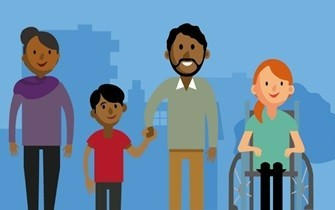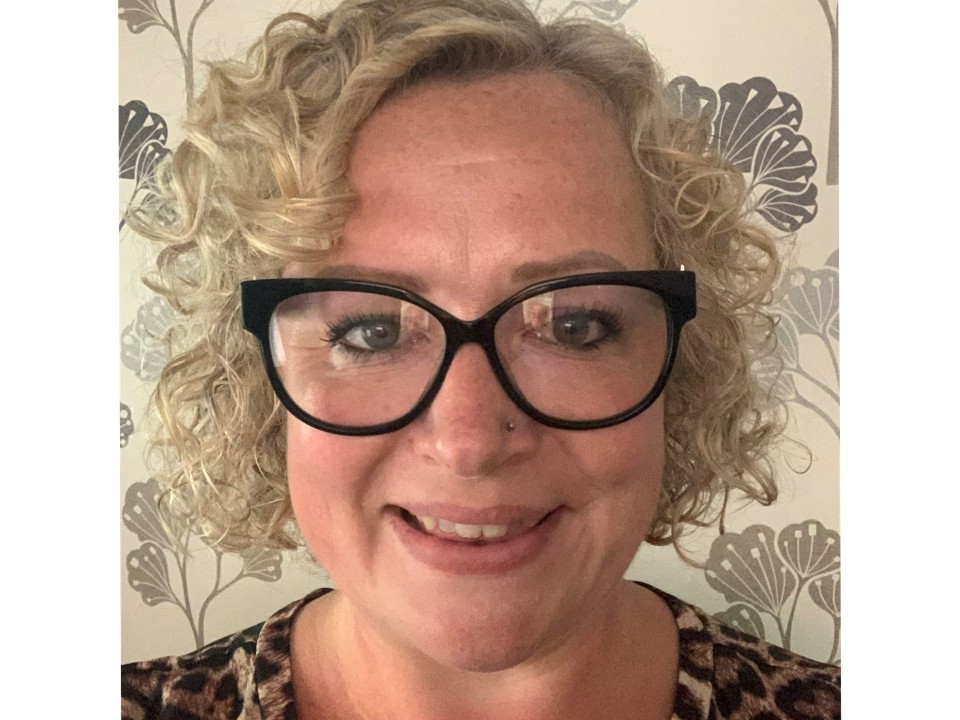
Mealtime support training for paediatric teams

The training, which was commissioned by the Kent & Sussex and the Wessex & Dorset CAMHS Tier 4 Provider Collaboratives with funding from NHS England, was identified as a need following an increase in young people admitted to paediatric units with mental health issues and, in particular, a significant rise in those presenting with eating disorders.
In total, 17 paediatric teams have received or are due to receive the training, which is delivered by Certified Minds, an organisation that specialises in Eating Disorder Meal Time Support Training. The training is designed to upskill staff in the latest evidence-based practice so that they can continue to provide the highest quality of care to their patients.
Patient-centred
The training is delivered from a patient's perspective and includes practical meal support skills, motivational interviewing techniques, things to say and not to say, how to reduce distress around nasogastric feeding and how to manage challenging incidents safely. The one-day training course also covers working with families.
The feedback from staff who have participated in the training is that they feel more confident and competent to be able to support young people with eating disorders, are able to communicate more effectively with patients and carers, feel better equipped for dealing with unpredictable situations and able to manage their own feelings after emotive incidents.
Following the success of the training course, some of the acute paediatric teams have commissioned Certified Minds to deliver further training to support their staff to manage CAMHS patients in a paediatric setting and work with patients living with autism.
Ruth Jacobs, trainer at Certified Minds said: It can be such a difficult time for young people and their families who are often experiencing severe levels of despair. By joining up learning and skill sharing across disciplines of nursing, we aim to be able to offer consistent person-centred care to every family that seeks our services.


